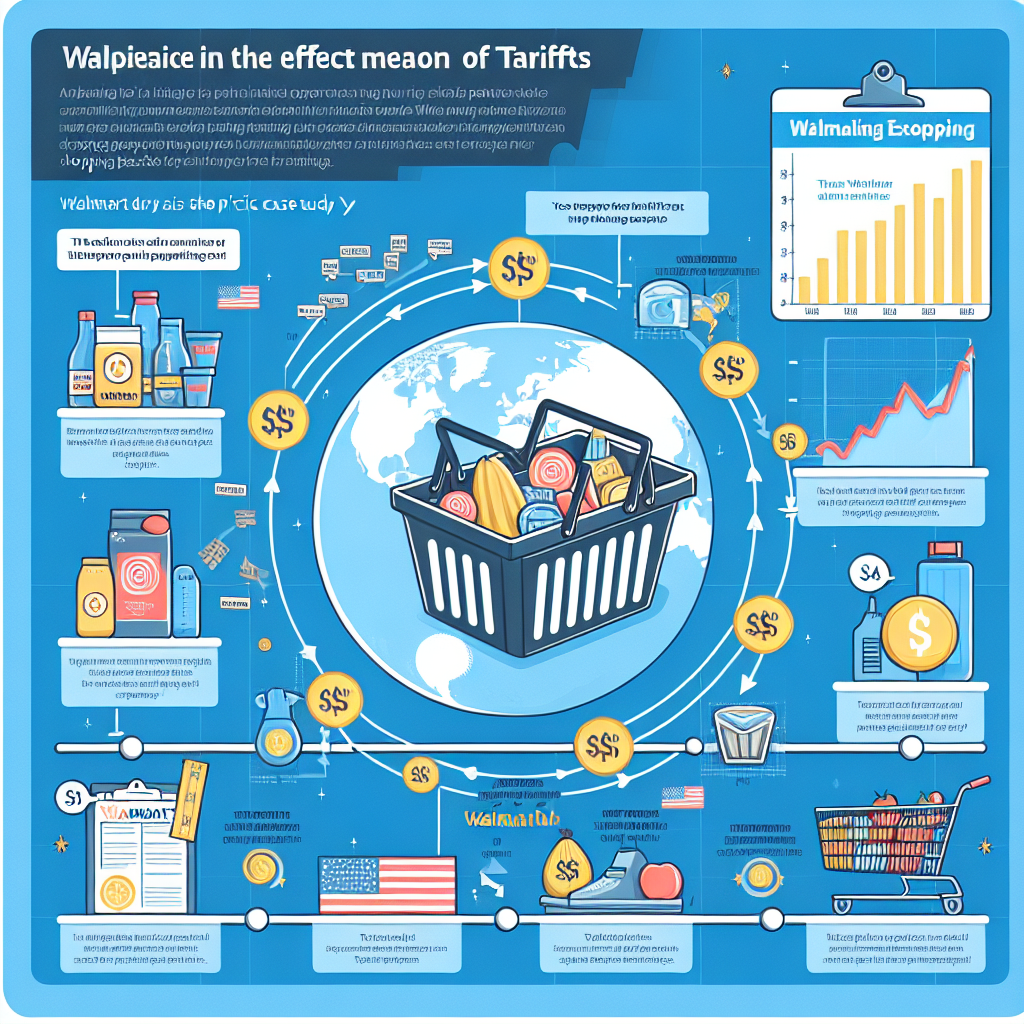OpenAI is reportedly in the midst of discussions to acquire the tech startup Windsurf in a deal valued at $3 billion. As reported by The New York Times, this potential acquisition is poised to mark a significant milestone in the tech industry’s ongoing evolution. While exact details of the negotiations remain under wraps, these talks highlight OpenAI’s strategic ambitions to broaden its technological horizon. This possible deal has piqued the interest of industry watchers who are keen to understand its broader implications for innovation and competition.
Why Windsurf?
Windsurf, a rising star in the AI field, has been gaining attention for its innovative approach to integrating artificial intelligence with Internet of Things (IoT) technology. According to Forbes, Windsurf has achieved remarkable progress in developing seamless smart device connectivity, making it an attractive acquisition target for major players like OpenAI. This potential acquisition aligns with OpenAI’s mission of advancing digital intelligence in a way that benefits humanity.
The Strategic Importance for OpenAI
OpenAI’s interest in Windsurf could be driven by several strategic objectives. First, acquiring Windsurf would bolster OpenAI’s technological capabilities in the IoT arena, adding a new dimension to its AI-driven product offerings. Second, securing Windsurf’s intellectual property and talent pool would provide OpenAI with cutting-edge resources to extend its research into uncharted territories. As highlighted by TechCrunch, this acquisition might be pivotal for OpenAI to maintain its competitive edge in the fast-evolving tech landscape.
Potential Market Impact
The potential acquisition could send ripples across the tech industry. Rival companies may face increased pressure to escalate their innovation cycles, knowing that OpenAI’s capabilities could soon expand exponentially. The acquisition is likely to influence not just tech giants but also startups who may need to rethink their strategies in response to this potentially market-shifting deal. The CNBC has already noted talks within the venture capital community about an uptick in investments in AI-related startups as a preemptive counterbalance.
Navigating Regulatory Considerations
Any acquisition of this size naturally draws attention from regulatory bodies concerned with maintaining competitive market conditions. Ensuring this acquisition abides by antitrust laws will be crucial for OpenAI, particularly in a global setting where regulations vary significantly between jurisdictions. Reports from Reuters suggest that OpenAI may face regulatory hurdles that require careful navigation, echoing challenges seen in other high-profile acquisitions within the tech industry.
As OpenAI progresses in its discussions with Windsurf, the tech scene eagerly anticipates what may come of this potential $3 billion move. Whatever the outcome, it’s clear that the AI landscape is set for significant change.









